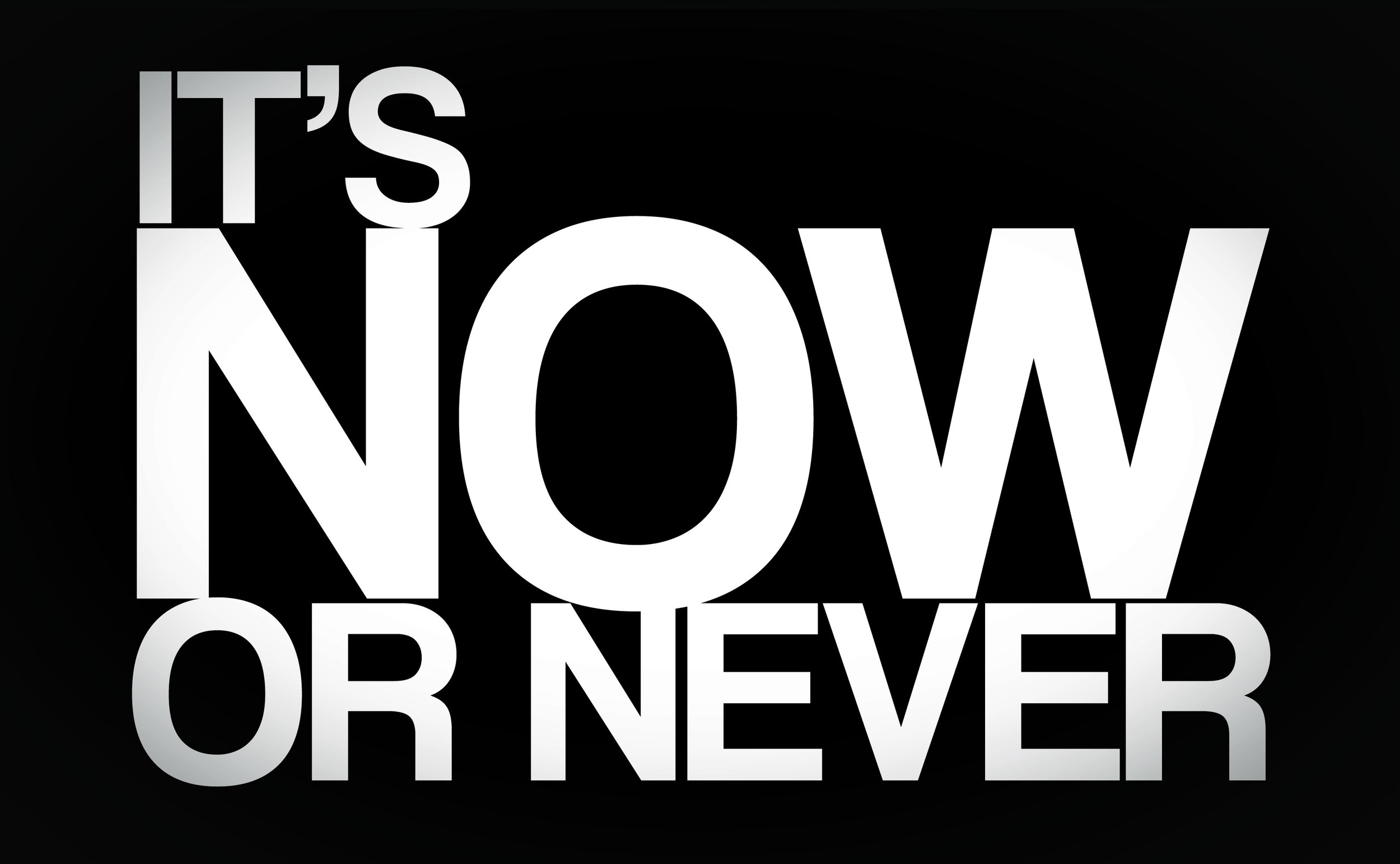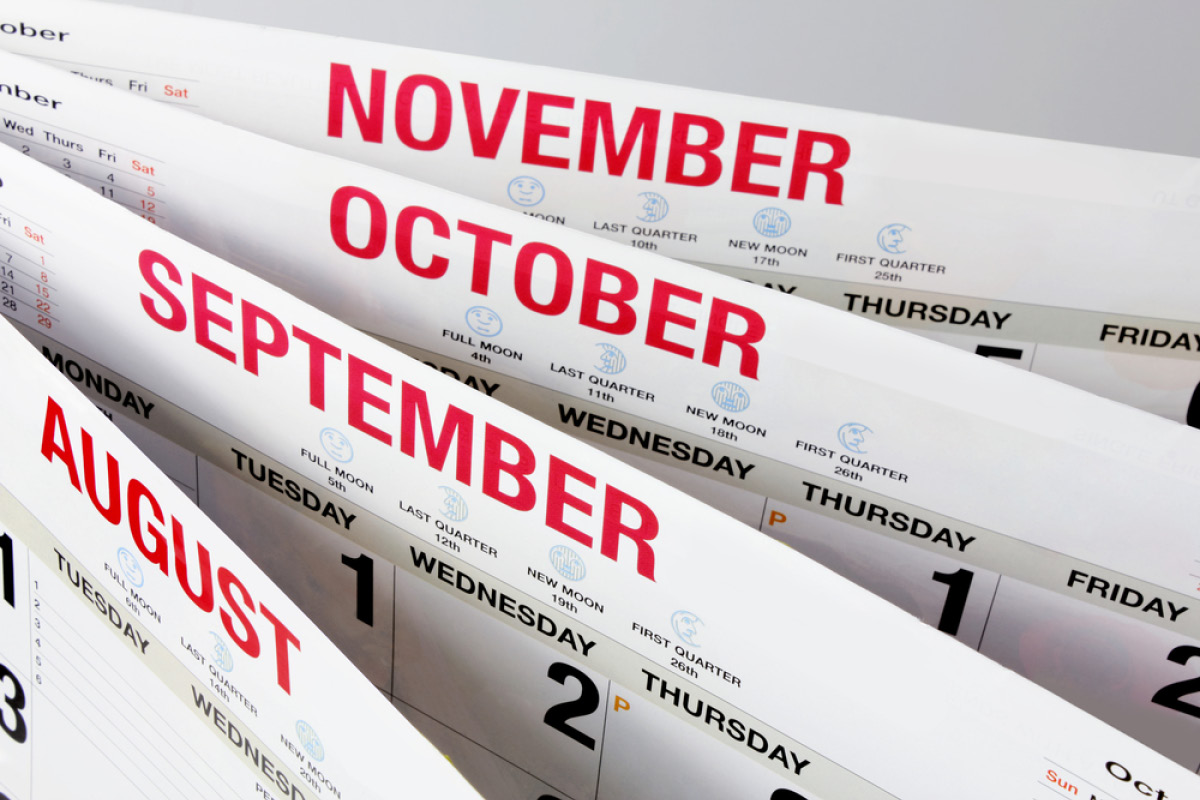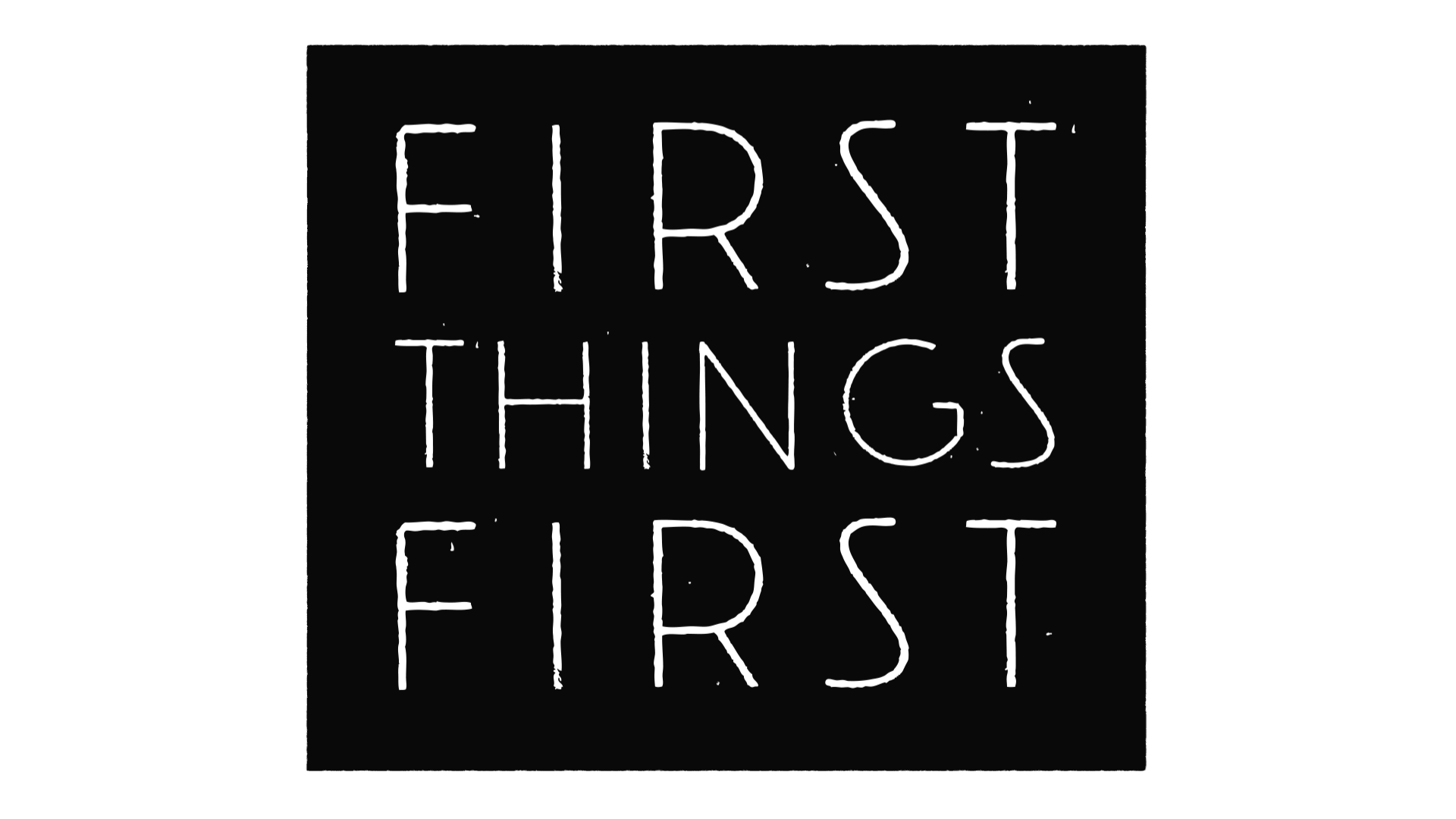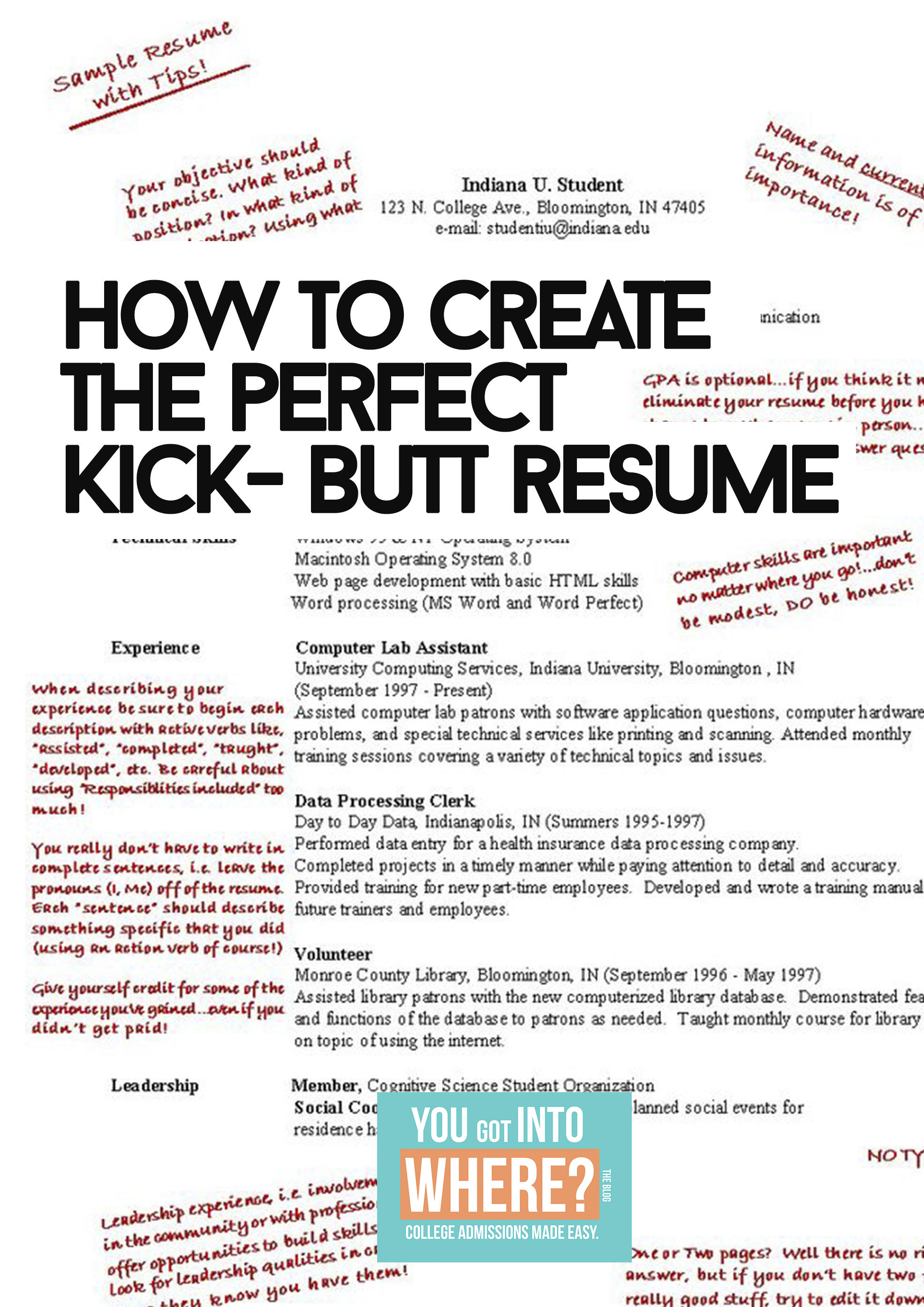How that first day makes you realize how big everything truly is.
Well it’s happened, summer came and summer has gone. You’ve partied, traveled, and most importantly, slept. Now comes the real world, college.
I just started my freshman year at the University of Puerto Rico Rio Piedras Campus. This university is very prestigious in Puerto Rico and is considered to be the best university in the Caribbean; it’s an honor if you are able to attend. When I got accepted my family was more excited than I was since I was following in the footsteps of my aunts who had both graduated from there and had loved every second of it. The thing is that I never dreamed to attend that school, in fact I had no interest in it because there are always a lot of protests or what we call them in Spanish, “huelgas”. When a “huelga” happens, the university is shut down completely while students remain inside doing protests. I remember that the last big protest happened about seven years ago and it was so big that students chained themselves to the gates so that no one could get in or out.
Today, 18-year-old me thinks that those protests are the best part about the university, but not for the reason you may think. I just love that the school is so liberal and that everyone can express themselves freely. When you walk on to campus, the first thing you’ll notice is that the sidewalks are filled with graffiti of phrases and words about current situations that students oppose. They mostly involve the current economic state of Puerto Rico; I won’t get into detail about it.

So there I was this past August 8th, 2016, standing in those graffiti sidewalks looking at the long way I had to walk to get to my first ever college class. I was very nervous, and hungry. It was a 7am class and I had to eat breakfast on campus and that was my first stop. I go to the University Center and purchase a sandwich at Burger King. I eat it on my way to the DMN, the General Studies building, and sit outside my classroom. I was sitting there and a professor walks by and sticks a paper on the door. I stand up and look at it and my stomach dropped, it said “CISO moved to ERA 213”, my class was moved not only from rooms but from buildings. When I looked at my watch it said 6:55 and the building was very far away. I did what I could, I grabbed my bag and ran. I got very lost as you can imagine but I found the building. When I finally entered the classroom, the class had already started, to my horror. To me, it was the worst first impression you can give on your first day of college. Luckily the professor was aware of the change and he did not get mad or anything at all of the students who were late.
In my college, all freshmen are called “prepas” and during the first day of college the “prepas” are bullied by the other students. It’s nothing serious; they just yell “PREPA” very loudly or make us dance the Macarena or “La Pelua” a traditional Puertorrican party dance. They mean well later on, wishing us luck and happy trails. Still, getting called “prepa” is something that must be avoided and over the years, incoming freshmen have developed a set of rules to avoid it. Some of those rules include:
- Don’t wear any college gear at all during the first week or two.
- Don’t show up the first day like a fashionista, wear the least attractive clothes you have.
- If you see any of your high school friends, don’t run to them, just wave at them.
- Don’t hang out in such large groups.
- The most important one of them all, if you get lost DO NOT ask for directions. If you truly are desperate, ask a security guard or maintenance people.
Those are just some of the few unwritten rules for incoming freshmen and obviously those are not for the whole year, they are just for the first month.
I spent the entire first day doing everything possible so that no one knew I was a “prepa”. I had a map of the campus on my phone and I pretended to text or something anytime I needed to look at it; I had my class schedule there too. As fate would have it, I got very lost, again. I didn’t see anyone, other than students, who could help me so I came up with a solution: I called my cousin who is currently a sophomore. She laughed and came to my rescue, literally, I was so lost that she had to come get me and take me to the building.
When I returned home after that first day, I was exhausted. I had never been that tired in a long time. The thing about college that you don’t realize until you are there is how much you walk or run, in my case. It’s incredible how much you need to walk because everything is so distant. My theory is that when this school year ends my legs will be so fit that it will make Blake Lively jealous. I can’t feel them and I just finished this week. I’m guessing this is payback for never liking gym class.
My advice for students who are on a big campus, wear running shoes and a watch that way you can be comfortable and keep track of time. I did not wear running shoes, I wore Converse and they destroyed my feet the first day because I wore the wrong socks. After that accident I wore a pair of very comfortable flats and that day it rained, no it didn’t rain, the sky fell and my flats turned to water-shoes. I finished the week in boots and it went well.
During this first week, we didn’t take classes per se, the professors just discussed their plans for the semester and what not. We were later told of upcoming projects and exams. It was at that moment that I realized that my life was a mess. Guys! Get a planner for college! It is more necessary than a phone! I’m not exaggerating when I say that after almost having a crisis that day I bought a planner the next morning. My planner at least shows me that a part of my life is organized.

It is totally normal to be a nervous wreck the days before college. Believe me, I was stressing out the week before. Personally my biggest insecurity was that I would walk in and not like the place one bit. What are my thoughts about the place one week later? I really love the patio found in the Humanities building. I go there every day and just sit there and look at people, not in a creepy way, I just like to observe how life goes on. The train ride there is so therapeutic to me! I just sit there, put on my headphones and it is so relaxing. The library is amazing too, I love how there are people working on their computers and there are others watching Netflix. I just love how you can meet or just observe all these different kinds of people who you never see in high school.
I have finished my first week as a “prepa” and how do I feel? Normal and dare I say, more free. I have a newfound sense of freedom and I kind of like it. I am prepared to conquer next week and to wear all of my college gear next month.
The most important piece of advice I can give you is to flow like a river during those first few days. College is a big place and you are just dropped there and you are just another student. It’s not like high school where everyone knew each other. While some people will give you advice on how to adjust, you’ll realize that you are not the same and what could make them comfortable might make you uncomfortable. You have to flow like the river until you find your pace and what will help you adjust. You can start by finding a place in campus where you can just sit and relax. Explore campus during your free time and find a good place to eat. Meet new people however you are comfortable. You can do a lot of things in college and it is all up to you.
Good luck to everyone and here’s to a great freshman year!
WANT TO LEARN MORE ABOUT COLLEGE ADMISSIONS? CHECK OUT THE YGITW BOOK HERE!
LOOKING FOR A HIGH SCHOOL OR COLLEGE INTERNSHIP? APPLY HERE!
PHOTO CREDITS:
http://blog.cengagebrain.com/blog/
http://pro.psychcentral.com/exhausted-woman
http://cdn2-www.comingsoon.net/assets/uploads/











































